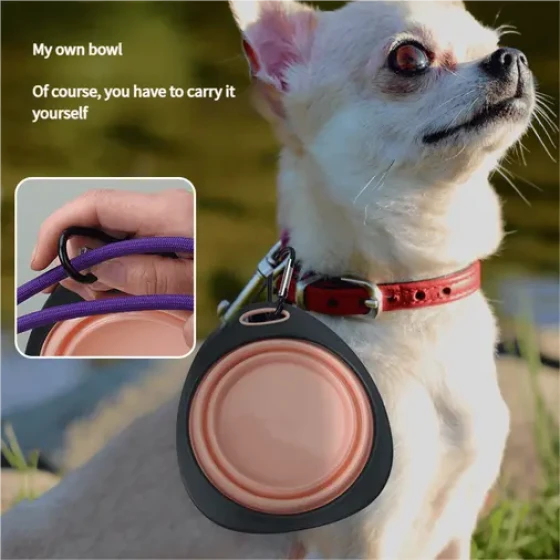Can Dogs Eat Salt? Do Not Exceed 1% of Total Food Amount

Dogs
Can Dogs Eat Salt? Do Not Exceed 1% of Total Food Amount
Can dogs eat salt? Excessive salt intake harms a dog's kidneys and coat, but giving no salt at all is even less advisable. Salt is necessary for dogs, but the amount must not be excessive. Generally, it should account for 1% of their feed.
Humans become fatigued if lacking salt, and dogs are the same. They not only become easily tired but also may experience growth retardation, drier skin, and shedding of the coat. According to NRC (National Research Council, USA) nutritional standards, dry dog food with 10% moisture content should contain more than 1% salt. This means for a dog weighing 1kg, needing 22g of dry matter daily, the calculated salt requirement is 242mg. In practice, dry matter intake is usually 14-15g, so the actual salt requirement is approximately 165mg per 1kg of body weight per day.
Based on this calculation, a 35kg German Shepherd requires about 6g of salt daily. The salt content in commercially sold dry dog food is typically around 1.4%, which should be sufficient. If symptoms of salt deficiency still appear, you may slightly increase the salt in the diet, but it should not exceed 2%, meaning adult dog food salt intake should be limited to 8g per day.
Note: If you usually feed your dog commercial dog food, the manufacturer has already added salt, so you do not need to add extra salt to your dog's diet.



